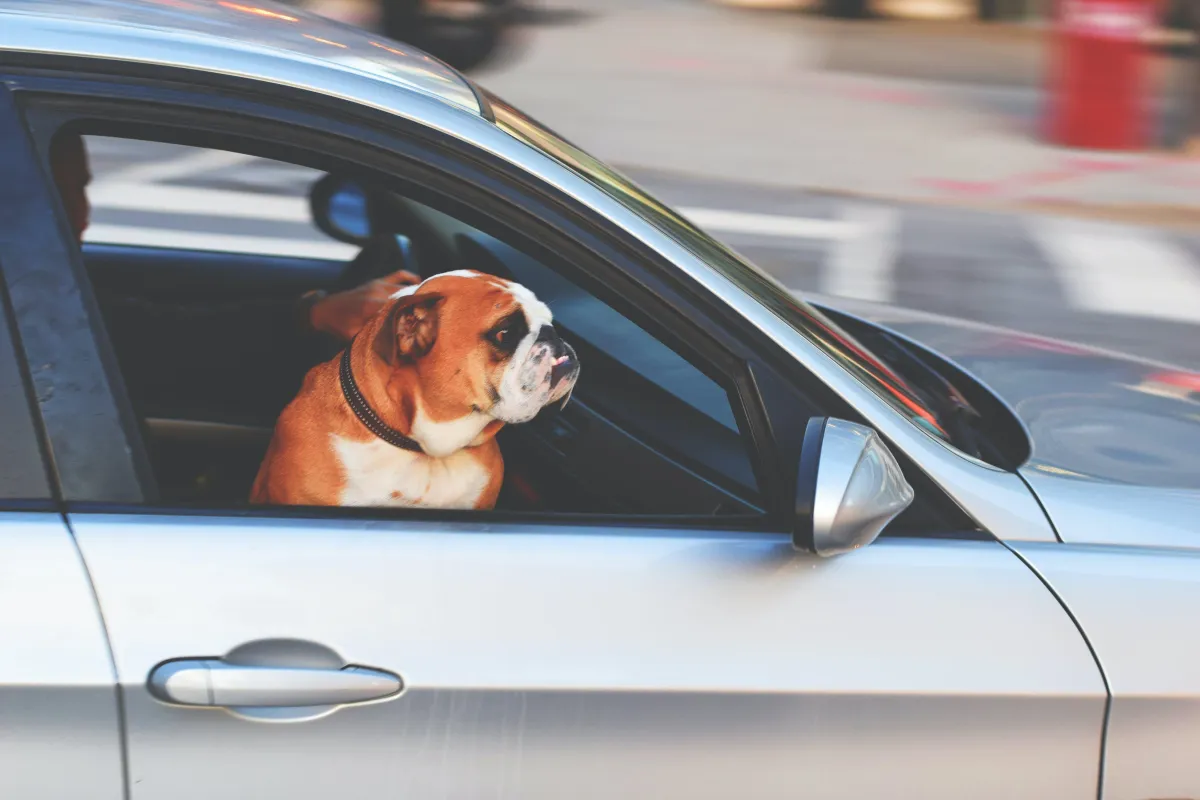Get Accurate Information For Your Pets

Helping Your Furry Friend Navigate the Road: Tips to Overcome Pet Car Anxiety
For many pet owners, the joy of a road trip or a simple drive around town can be overshadowed by the distressing behavior of a pet suffering from car anxiety. Whether it's the fear of the unknown, motion sickness, or simply the discomfort of being in a confined space, car anxiety is a common issue among our four-legged companions. However, with a bit of patience, understanding, and some helpful strategies, you can make car journeys a positive experience for both you and your furry friend.
Before diving into solutions, it's crucial to recognize the signs of car anxiety in your pet. These may include excessive panting, whining, pacing, trembling, vomiting, or attempts to escape from the car. Identifying these signals early on will help you address the issue more effectively.
Gradual Introduction: One of the key strategies to alleviate car anxiety is to acclimate your pet to the car gradually. Start by allowing them to explore the stationary car in a calm environment. Open the doors, let them hop in, and spend time together without starting the engine. Once your pet seems comfortable with this step, progress to short, slow rides around the block, gradually extending the duration as your pet becomes more at ease.
Create a Positive Environment: Make the car a pleasant and comfortable space for your pet. Place their favorite blanket, toys, or even a piece of clothing with your scent in the car. Consider using a pet seat belt or a secure carrier to provide a sense of security. Familiarity can go a long way in reducing anxiety.
Positive Reinforcement: Reward your pet for calm behavior in the car. Offer treats, praise, or playtime when they display relaxed behavior during rides. This positive reinforcement helps create a positive association with car travel and encourages your pet to view it as a fun experience.
Desensitization Techniques: If your pet's anxiety is triggered by specific aspects of car travel, such as the sound of the engine or the sensation of movement, consider desensitization techniques. Play recordings of car engine sounds at home at a low volume, gradually increasing the volume over time. Similarly, gently rock the car while it's parked to mimic the sensation of movement. These methods can help your pet become more accustomed to the stimuli associated with car travel.
Consult with a Veterinarian: If your pet's anxiety persists despite your efforts, it's essential to consult with your veterinarian. They can rule out any underlying medical issues and may recommend behavior-modifying medications or calming supplements to help your pet relax during car rides.
Helping your pet overcome car anxiety requires patience, consistency, and a positive approach. By gradually introducing them to the car, creating a comfortable environment, using positive reinforcement, and, if necessary, seeking guidance from a veterinarian, you can transform car travel into an enjoyable experience for both you and your furry companion. Remember, every pet is unique, so be attentive to their individual needs and reactions, and celebrate the small victories along the way. Safe travels!
Sign up for FREE Telehealth calls for 24 hours!

